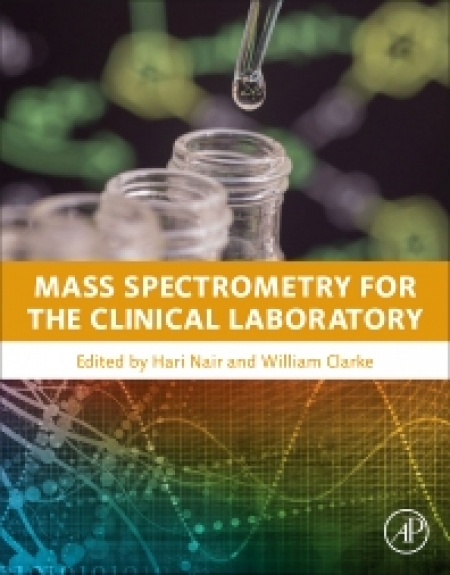Nostro prezzo € 71,95
Disponibilità: Ordinabile in 4-6 giorni lavorativi
Quantità
Descrizione
Acquisto di GRUPPO?? Se volete risparmiare
contattateci!
Autore: Nair
Editore: Academic Press (Elsevier Group)
Data di Pubblicazione: 2016
ISBN: 9780128008713
Pagine: 304
Key Features
-
Provides readers with the keys to choosing, installing, and validating a mass spectrometry platform
-
Offers tools to evaluate, validate, and troubleshoot the most common assays seen in clinical pathology labs
-
Explains validation, ion suppression, interference testing, and quality control design to the detail that is required for implementation in the lab
Description
Mass Spectrometry for the Clinical Laboratory is an accessible guide to mass spectrometry and the development, validation, and implementation of the most common assays seen in clinical labs. It provides readers with practical examples for assay development, and experimental design for validation to meet CLIA requirements, appropriate interference testing, measuring, validation of ion suppression/matrix effects, and quality control. These tools offer guidance on what type of instrumentation is optimal for each assay, what options are available, and the pros and cons of each. Readers will find a full set of tools that are either directly related to the assay they want to adopt or for an analogous assay they could use as an example.
Written by expert users of the most common assays found in a clinical laboratory (clinical chemists, toxicologists, and clinical pathologists practicing mass spectrometry), the book lays out how experts in the field have chosen their mass spectrometers, purchased, installed, validated, and brought them on line for routine testing.
The early chapters of the book covers what the practitioners have learned from years of experience, the challenges they have faced, and their recommendations on how to build and validate assays to avoid problems. These chapters also include recommendations for maintaining continuity of quality in testing. The later parts of the book focuses on specific types of assays (therapeutic drugs, Vitamin D, hormones, etc.). Each chapter in this section has been written by an expert practitioner of an assay that is currently running in his or her clinical lab.

